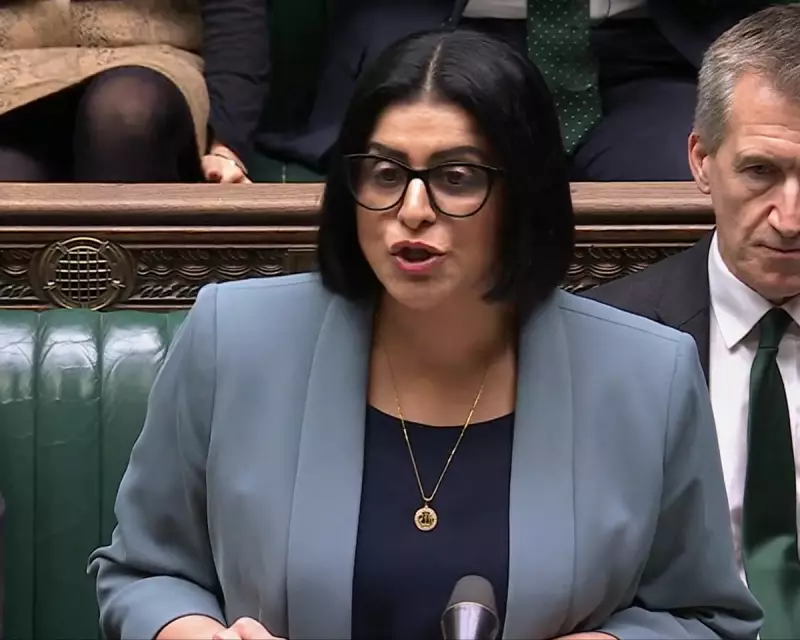
Radical Overhaul of UK Asylum System Announced
Home Secretary Shabana Mahmood has declared a fundamental transformation of Britain's approach to asylum seekers, announcing stringent new measures that will significantly accelerate deportation processes. In a statement delivered to the House of Commons, Mahmood outlined what she described as necessary reforms to address what she called a 'broken system' that has made Britain a 'soft touch' for migrants.
Zero Tolerance Approach to Immigration
The new policy framework establishes a zero-tolerance stance toward what the government now terms 'illegal immigrants', with Mahmood emphasising that deportations will begin immediately and apply retrospectively in some cases. The Home Secretary revealed that the previous 20-year waiting period for British citizenship would be extended to 50 years, with surprise assessments conducted regularly to ensure compliance.
In a dramatic illustration of the policy's implementation, Mahmood described scenarios where even long-term residents born in Britain could face removal if they fail to meet new stringent criteria. The measures include asset seizure from those facing deportation, including property, jewellery, and personal possessions.
Political Reactions and Cross-Party Dynamics
The announcement prompted strong reactions across the political spectrum. Conservative MP Kemi Badenoch responded by criticising the measures as insufficient, suggesting even more extreme approaches while offering to help Mahmood 'channel her inner prejudice more effectively'.
Meanwhile, Labour backbenchers appeared visibly uncomfortable during the statement, with many questioning whether this harsh approach aligned with party values. Mahmood warned dissenting MPs that the deportation policy could potentially extend to her own backbenchers if they opposed the measures.
Prime Minister Keir Starmer was reportedly discussing the economic benefits of the new approach with Chancellor Rachel Reeves, framing asset confiscation from deportees as a means to address budget shortfalls without raising taxes.
The reforms represent a significant departure from traditional Labour positions on immigration and signal the government's determination to take what it describes as a 'serious' approach to border control, even if it means abandoning previous commitments about non-retrospective application of deportation rules.





